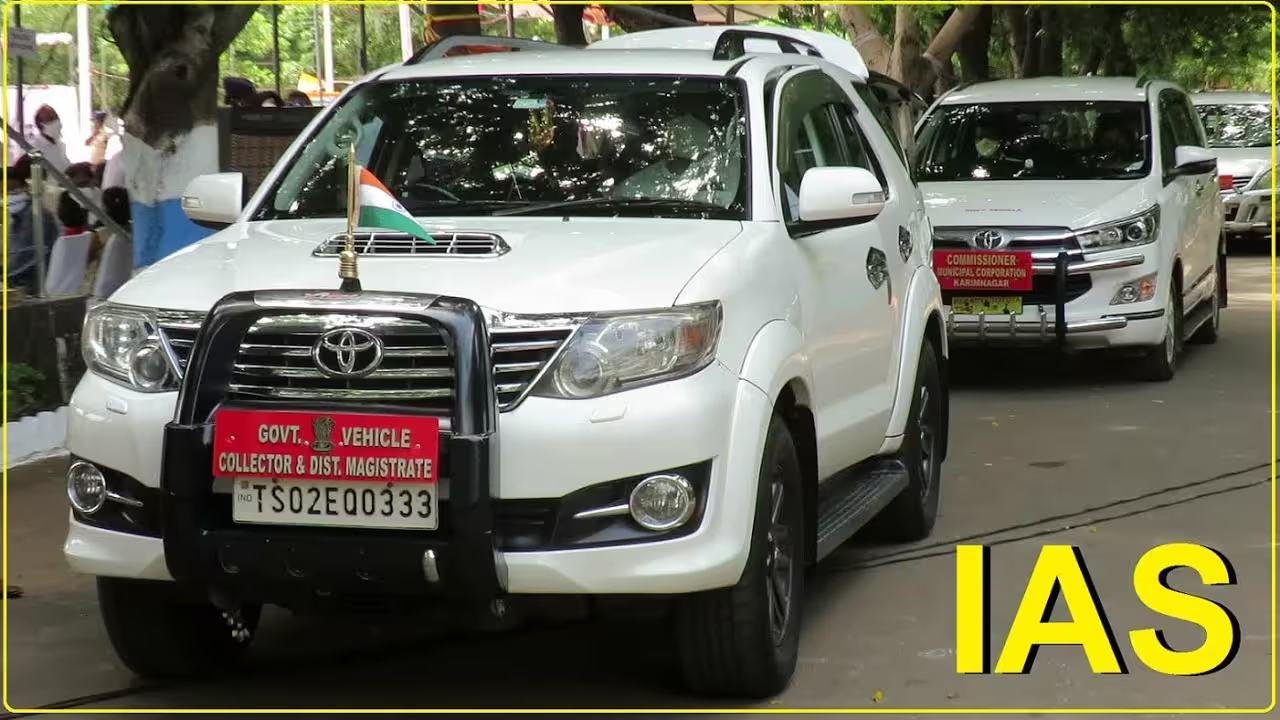UPSC Expert Guide 2024-25 : Preparing for the UPSC (Union Public Service Commission) exam requires thorough understanding of its structure, subjects, stages, and preparation strategy. Here’s a comprehensive guide:
Purpose of UPSC Exam:
The UPSC exam is conducted to select candidates for various prestigious positions in the Indian Administrative Service (IAS), Indian Foreign Service (IFS), Indian Police Service (IPS), and other Group A and Group B services under the Central Government.
Subjects:
Compulsory Subjects:
- General Studies Paper I: (200 marks, Duration: 3 hours)
- Indian Heritage and Culture
- History and Geography of the World and Society
- Governance, Constitution, Polity, Social Justice and International relations
- General issues on Environmental Ecology, Bio-diversity and Climate Change
- Economic and Social Development – Sustainable Development, Poverty, Inclusion, Demographics, Social Sector initiatives etc.
- Current events of national and international importance
- General Studies Paper II (CSAT): (200 marks, Duration: 3 hours)
- Comprehension
- Interpersonal skills including communication skills
- Logical reasoning and analytical ability
- Decision-making and problem-solving
- General mental ability
- Basic numeracy (numbers and their relations, orders of magnitude, etc.) (Class X level), Data interpretation (charts, graphs, tables, data sufficiency etc. — Class X level)
Optional Subjects:
Candidates can choose one optional subject from the list provided by UPSC. Some popular optional subjects include:
- History
- Geography
- Public Administration
- Political Science and International Relations
- Sociology
- Philosophy
- Anthropology
- Literature of any one of the following languages: Assamese, Bengali, Bodo, Dogri, Gujarati, Hindi, Kannada, Kashmiri, Konkani, Maithili, Malayalam, Manipuri, Marathi, Nepali, Oriya, Punjabi, Sanskrit, Santhali, Sindhi, Tamil, Telugu, Urdu, English.
Stages of the Exam:
- Preliminary Examination: (Objective Type)
- General Studies Paper I
- General Studies Paper II (CSAT)
- Main Examination: (Descriptive Type)
- Essay Paper
- General Studies Papers (I to IV)
- Optional Subject Paper I
- Optional Subject Paper II
- Personality Test (Interview):
- Candidates who qualify the Main Examination are called for a personality test (interview) conducted by the UPSC panel.
Passing Marks:
- The marks required to pass each stage of the exam (Prelims, Mains, Interview) are determined by UPSC based on various factors including the number of vacancies and performance of candidates.
Groups for Allocation:
Candidates are allocated to various services like IAS, IPS, IFS, etc., based on their ranking and preference provided during the application process.
Starting Preparation from Scratch:
- Understand the Exam Pattern: Familiarize yourself with the exam structure, syllabus, and previous years’ question papers.
- Develop a Study Plan:
- Allocate time for each subject and section according to your strengths and weaknesses.
- Balance between current affairs, static portions, and practice sessions.
- Study Materials:
- Refer to NCERT books from class VI to XII for building basics.
- For current affairs, read newspapers like The Hindu, Indian Express, etc., and magazines like Yojana, Kurukshetra.
- For optional subjects, refer to standard textbooks and supplementary materials.
- Practice and Revision:
- Solve mock tests and previous years’ papers to understand the exam pattern and improve time management.
- Revise regularly to reinforce concepts and improve retention.
- Stay Updated:
- Keep updated with current affairs, government policies, and international events.
- Join online forums, discussion groups, or coaching institutes for guidance and peer support.
Syllabus:
- Download UPSC Syllabus PDF
By following a structured approach and consistent preparation, aspirants can effectively tackle the UPSC exam and achieve their career goals in the civil services.

